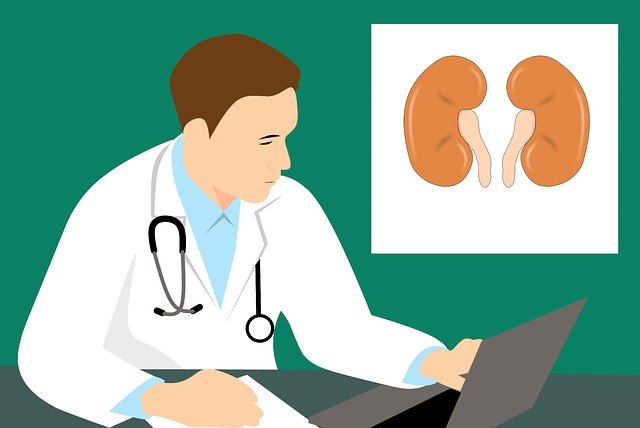Metformin is the go-to first-line medication in type 2 diabetes. While drug interactions aren’t incredibly common with its use, we should be aware of OCT inhibition and the potential effects that this might cause. Under normal circumstances, this isn’t necessarily a drug interaction that will be life-threatening, but one that could have some mild to moderate impacts on metformin concentrations.
OCT Inhibition
Organic cation transporters are an important way that drug is eliminated in the body. The primary concern with those transporters in relation to metformin is their activity in the kidney. Metformin is a potential substrate of this transporter. Under normal conditions, metformin is transported (at least in part) into the urine through this transporter. OCT helps eliminate metformin from the body. There are drugs that can alter the function of OCTs in the kidneys. OCT inhibition can lead to increased concentrations of metformin and ultimately increase the likelihood of adverse effects and toxicity. Some medications that may impact this transporter include cimetidine, trimethoprim, dolutegravir, cephalosporins, and lamotrigine.
The most common adverse effect of metformin is GI upset and diarrhea. In addition, we should recognize the risk of hypoglycemia in patients taking insulin or sulfonylureas in combination with metformin. Although extremely rare, lactic acidosis risk would tend to increase as concentrations go up. This would be exacerbated by poor renal function. B12 deficiency can happen with the use of metformin as well.
For many of these agents, we could select alternatives. If we do need to use a drug with OCT inhibition, monitoring for signs of metformin toxicity and possibly reducing the dose if necessary would be appropriate. I would be even more concerned about this interaction if the patient already had preexisting renal issues.
Looking for more pearls on metformin pharmacology, drug interactions, and adverse effects? Be sure to check out this podcast!



0 Comments